Intro
Discover 7 essential tips for a healthy 28-week baby, covering fetal development, pregnancy nutrition, and prenatal care to ensure a smooth journey to motherhood and a thriving infant.
At 28 weeks pregnant, you're likely to be feeling a mix of excitement and anticipation as you approach the final stretch of your pregnancy journey. Your baby is growing rapidly, and their development is progressing at an incredible pace. As you navigate this critical period, it's essential to stay informed about what to expect and how to ensure a healthy pregnancy. In this article, we'll delve into the world of 28-week pregnancy, exploring the milestones, challenges, and tips to help you thrive during this period.
As your baby continues to grow, they're becoming more active, and their movements are becoming more pronounced. You might notice that your baby is kicking, rolling, and even sucking their thumb. These developments are not only adorable but also crucial for their overall health and well-being. At 28 weeks, your baby's skin is starting to thicken, and fat layers are forming, which will help regulate their body temperature after birth. Their lungs are also maturing, producing surfactant, a substance that helps them expand and contract properly after birth.
Your body is undergoing significant changes as well. You might experience back pain, pelvic pressure, and Braxton Hicks contractions, which are all normal symptoms at this stage. It's essential to prioritize self-care, stay hydrated, and maintain a balanced diet to support your baby's growth and your overall health. In the following sections, we'll explore the key aspects of 28-week pregnancy, including tips, milestones, and expert advice to help you navigate this critical period.
Understanding Your Baby's Development
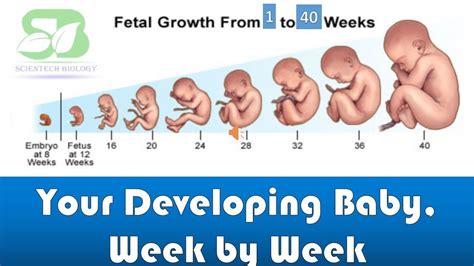
Tracking Your Baby's Movement
As your baby becomes more active, it's essential to track their movements to ensure their health and well-being. You can start monitoring their kicks, rolls, and other movements by: * Keeping a kick count log to track their activity patterns. * Paying attention to their response to external stimuli, such as sound and light. * Noticing any changes in their movement patterns, which could indicate potential issues.Managing Common Symptoms
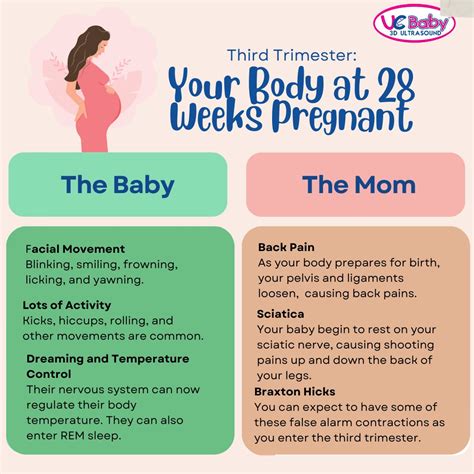
Nutrition and Hydration
A healthy diet and adequate hydration are crucial for your baby's growth and development. Focus on consuming: * Leafy greens, such as spinach and kale, rich in iron and folate. * Fresh fruits, like berries and citrus, high in vitamin C and antioxidants. * Whole grains, like brown rice and quinoa, rich in fiber and essential nutrients. * Lean proteins, like chicken and fish, to support your baby's growth and development.Preparing for Parenthood
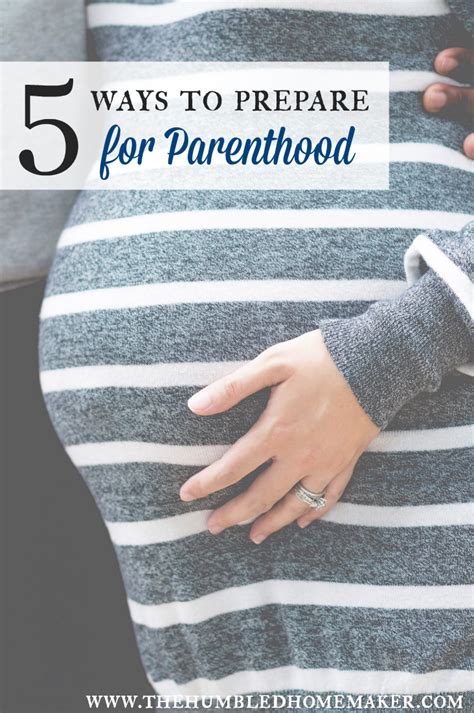
Building a Support Network
Surrounding yourself with a supportive network of loved ones, healthcare professionals, and fellow parents can make a significant difference in your pregnancy journey. Consider: * Joining a pregnancy support group or online community to connect with other expectant mothers. * Building a relationship with your healthcare provider, including regular check-ups and open communication. * Reaching out to family and friends for emotional support and help with daily tasks.Staying Active and Healthy
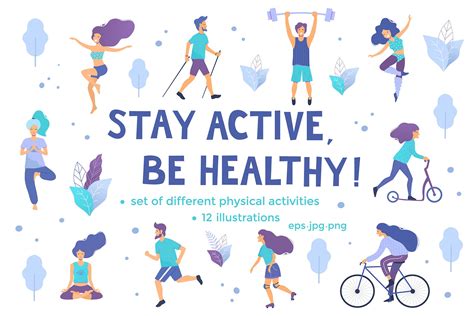
Managing Stress and Anxiety
Pregnancy can be a stressful and overwhelming experience, especially as you approach the final stretch. Here are some tips to help you manage stress and anxiety: * Practice relaxation techniques, such as deep breathing, meditation, or yoga, to calm your mind and body. * Engage in activities that bring you joy and relaxation, such as reading, listening to music, or taking a warm bath. * Consider seeking support from a mental health professional, such as a therapist or counselor, to address any underlying concerns or anxiety.Conclusion and Next Steps
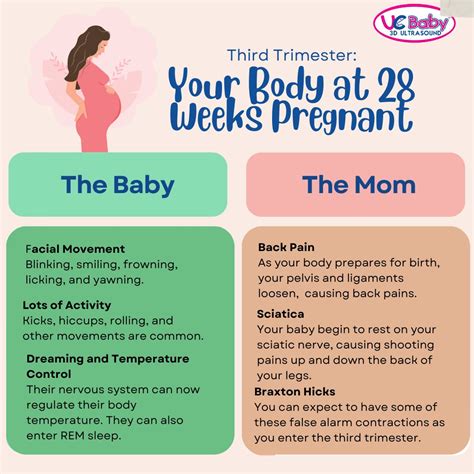
What are the most common symptoms at 28 weeks pregnant?
+At 28 weeks pregnant, common symptoms include back pain, pelvic pressure, Braxton Hicks contractions, and mood swings.
How can I track my baby's movement at 28 weeks?
+You can track your baby's movement by keeping a kick count log, paying attention to their response to external stimuli, and noticing any changes in their movement patterns.
What are the best ways to manage stress and anxiety during pregnancy?
+Managing stress and anxiety during pregnancy can be achieved through relaxation techniques, such as deep breathing, meditation, or yoga, as well as engaging in activities that bring joy and relaxation.
We hope this article has provided you with valuable insights and tips to navigate the 28-week pregnancy milestone. Remember to stay informed, prioritize self-care, and build a supportive network of loved ones and healthcare professionals. If you have any questions or concerns, please don't hesitate to reach out to your healthcare provider or leave a comment below. Share this article with your friends and family to help them stay informed and supported throughout their pregnancy journey.
